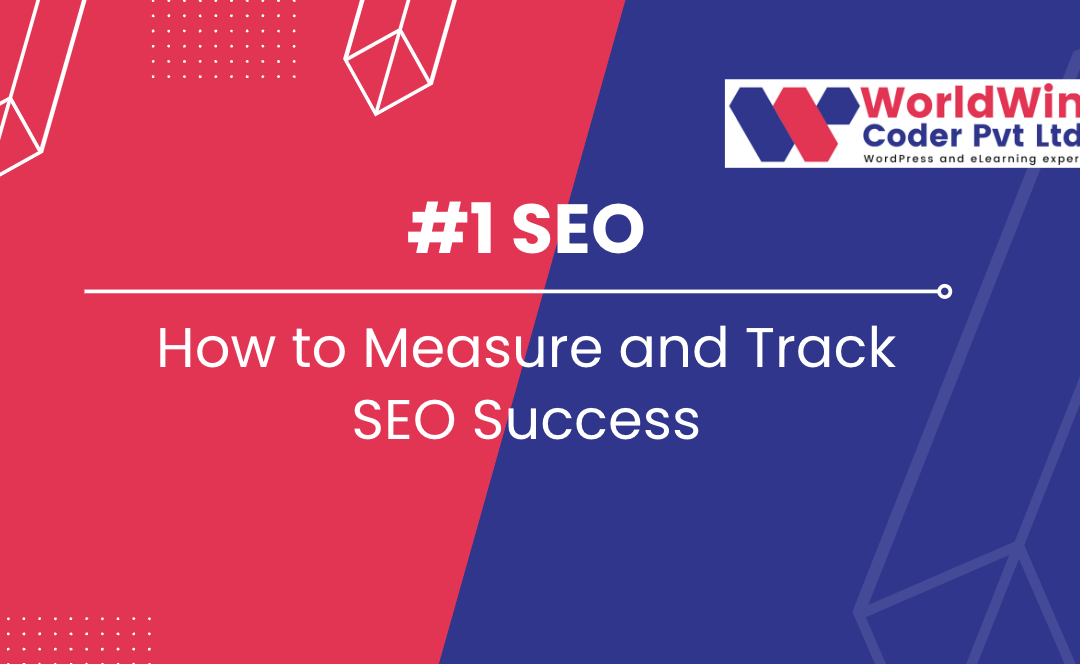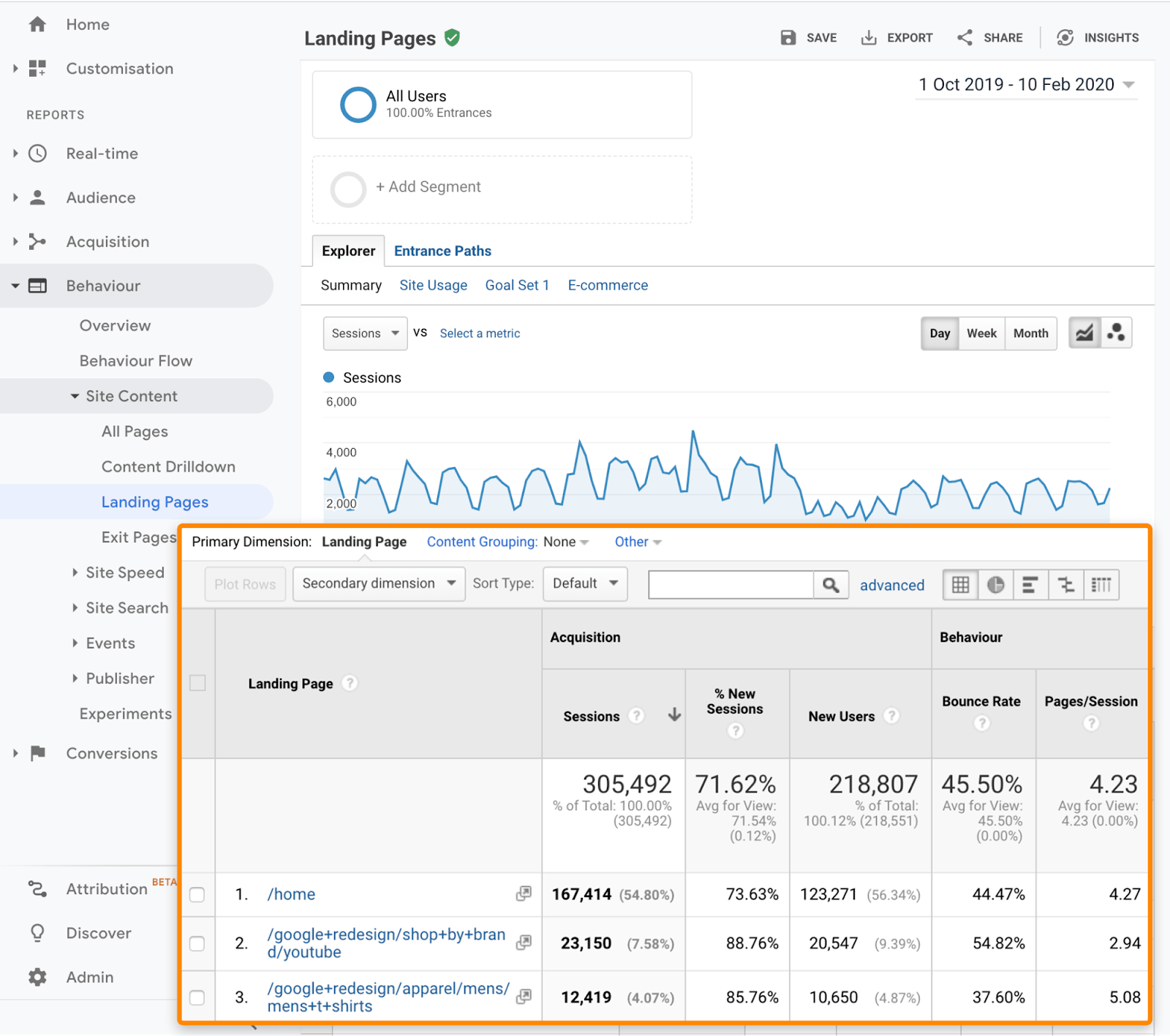
In the vast digital landscape, Search Engine Optimization (SEO) is the compass that guides your business towards online visibility and success. But how do you know if your SEO efforts are paying off? Measuring SEO success is like navigating a ship; you need the right tools and a clear understanding of your destination. Let's dive into the essential metrics and strategies to help you gauge your SEO performance effectively.
Understanding SEO Analytics
SEO analytics is the backbone of measuring your SEO success. Think of it as the control panel of your digital marketing strategy. Tools like Google Analytics and SEMrush provide invaluable insights into how your website is performing. These tools help you track key metrics such as organic traffic, keyword ranking, and conversion rate, which are crucial for understanding the effectiveness of your SEO efforts.
Organic Traffic: The Lifeblood of Your Website
Organic traffic refers to visitors who find your website through unpaid search results. It's the lifeblood of your online presence. To measure organic traffic, you can use Google Analytics. Look for the "Acquisition" tab and then "All Traffic" to see how much of your traffic is coming from organic searches. An increase in organic traffic is a clear indicator that your SEO strategies are working.
Keyword Ranking: Your Position in the Digital Race
Keyword ranking is about where your website appears in search engine results for specific keywords. Tools like Ahrefs and Moz can help you track your keyword rankings. A higher ranking means better visibility and more potential customers finding your business. Regularly monitoring your keyword rankings can help you adjust your SEO strategies to stay ahead of the competition.
Conversion Rate: Turning Visitors into Customers
Conversion rate is the percentage of visitors who take a desired action on your website, such as making a purchase or filling out a contact form. To measure your conversion rate, you can set up goals in Google Analytics. A high conversion rate indicates that your SEO efforts are not only driving traffic but also converting that traffic into valuable leads or sales.
Search Visibility: Shining a Light on Your Business
Search visibility is a measure of how often your website appears in search engine results for relevant keywords. Tools like SEMrush and Ahrefs can provide insights into your search visibility. Improving your search visibility means more people are seeing your website, which can lead to increased traffic and conversions.
The Importance of Search Visibility
Search visibility is like the spotlight on a stage. The more visible your website is, the more likely people are to notice and engage with it. Increasing your search visibility involves optimizing your website for relevant keywords, improving your site's structure, and building high-quality backlinks.
Measuring SEO Success: A Step-by-Step Guide
Step 1: Set Clear Goals
Before you start measuring your SEO success, you need to set clear goals. What do you want to achieve with your SEO efforts? Is it increased traffic, higher keyword rankings, or more conversions? Having specific goals will help you focus your efforts and measure your progress more effectively.
Step 2: Choose the Right Tools
There are numerous SEO tools available, each with its strengths and weaknesses. Some popular tools include Google Analytics, SEMrush, Ahrefs, and Moz. Choose the tools that best fit your needs and budget. These tools will provide you with the data you need to measure your SEO success.
Step 3: Track Key Metrics
Once you have your goals and tools in place, it's time to start tracking key metrics. Focus on organic traffic, keyword ranking, conversion rate, and search visibility. Regularly monitoring these metrics will give you a clear picture of your SEO performance.
Step 4: Analyze the Data
Data is only useful if you can interpret it. Look for trends and patterns in your data. Are you seeing an increase in organic traffic? Are your keyword rankings improving? Analyzing the data will help you understand what's working and what's not.
Step 5: Adjust Your Strategies
Based on your analysis, adjust your SEO strategies. If certain keywords are performing well, focus more on them. If your conversion rate is low, consider optimizing your landing pages. Continuously refining your strategies will help you achieve better results.
Conclusion: Navigating the Path to SEO Success
Measuring SEO success is a journey, not a destination. It requires continuous effort, analysis, and adjustment. By focusing on key metrics like organic traffic, keyword ranking, conversion rate, and search visibility, you can effectively gauge the success of your SEO efforts. Remember, SEO is not a one-time task; it's an ongoing process that evolves with your business and the digital landscape.
Stay informed, stay proactive, and keep refining your strategies. With the right tools and a clear understanding of your goals, you can navigate the path to SEO success and drive your business forward.
FAQs
1. What is the best tool for measuring SEO success?
There are several excellent tools for measuring SEO success, including Google Analytics, SEMrush, Ahrefs, and Moz. The best tool for you depends on your specific needs and budget. Google Analytics is a great starting point for tracking organic traffic and conversion rates, while SEMrush and Ahrefs offer more advanced features for keyword ranking and search visibility.
2. How often should I measure my SEO performance?
Measuring your SEO performance should be an ongoing process. It's a good idea to check key metrics like organic traffic and keyword rankings at least once a month. However, for more detailed analysis and strategy adjustments, a quarterly review is recommended.
3. What is a good conversion rate for SEO?
A good conversion rate can vary depending on your industry and the specific goals of your website. However, a general benchmark is around 2-5%. If your conversion rate is significantly lower, it may be a sign that your SEO strategies need adjustment.
4. How can I improve my search visibility?
Improving your search visibility involves several strategies, including optimizing your website for relevant keywords, improving your site's structure, and building high-quality backlinks. Additionally, creating valuable content that engages your audience can also boost your search visibility.
5. What should I do if my SEO efforts are not yielding results?
If your SEO efforts are not yielding results, it's important to re-evaluate your strategies. Start by analyzing your data to identify what's not working. Consider consulting with an SEO expert or using advanced tools to gain deeper insights. Adjusting your strategies based on this analysis can help you get back on track.


Posting Komentar